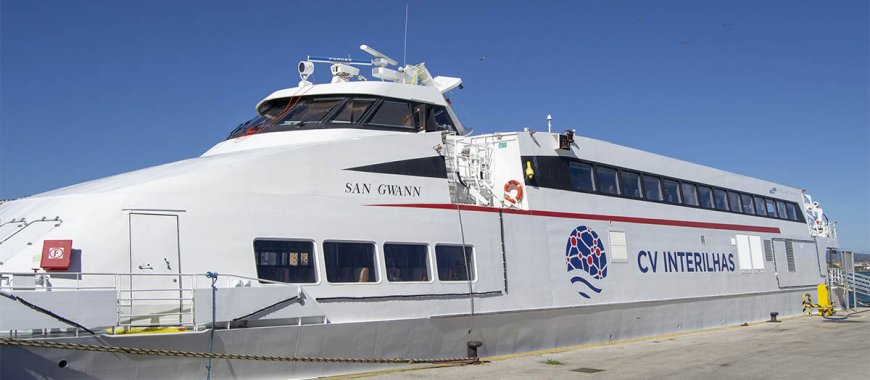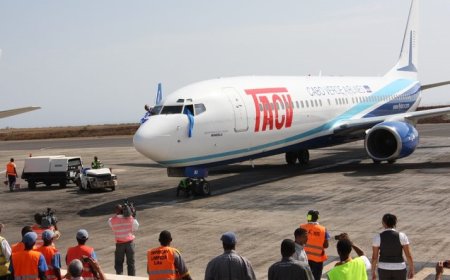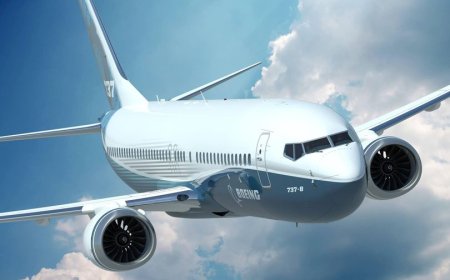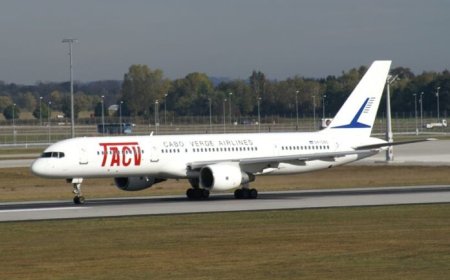New maritime transport tariff with an increase of 20% for nationals and 80% for non-resident citizens
The Government has updated the tariff framework for maritime transport of passengers and cargo, announcing an increase of 20% for national passengers and 80% for non-resident citizens, which comes into force this Thursday.

The Government has updated the tariff framework for maritime transport of passengers and cargo, announcing an increase of 20% for national passengers and 80% for non-resident citizens, which comes into force this Thursday.
This information was provided by the Ministry of the Sea, through the National Directorate of Policy for the Sea, which explained in an information note that the tariff update for maritime transport of passengers and cargo stems from the current situation, which demands a weighting in terms of the tariffs applied.
The same source assured that the methodology used to calculate the new tariff for passengers and cargo made it possible to establish a base value to optimize the operators' results and, at the same time, promote the improvement of the service provided to users.
According to the statement, the smallest increases are on the Santo Antão/São Vicente, Fogo/Brava lines and the largest are on the São Vicente/Santiago and S. Nicolau/Santiago lines, justified in both cases by the distances in miles to travel.
As he recalled, the last update of the tariff for the transport of cargo was made in 2006, and the update of the passenger transport tariff took place in 2013, emphasizing that the policy of differentiation between national and non-national fares meets the international practices.
The same source explained that in the case of a deficit public service subsidized by the State, through the public purse, it is reasonable that such subsidy be mostly made in favor of national citizens and residents.
“The tariff revision presents an average increase of about 20% in the tariff for national passengers and 80% for non-national passengers, compared to the base tariff previously applied, in which there was no such positive discrimination”, he indicated, noting that at the level of In cargo transport, there have also been increases in the base tariff for general cargo, representing an average increase of around 17%.
The note also points to an average increase of about 20% in the transport of goods in refrigerated chambers and in the transport of live animals.
The Government reinforced that the revision of the tariff framework for the transport of passengers and cargo stems from the current situation, which demands a weighting in terms of the applied tariffs, due to the accumulated inflation since the last update, due to the effects of the economic crisis, caused by the covid-19, the war in eastern Europe and the significant increase in transport costs.
He stressed that the current situation dictated, in turn, a substantial rise in fuel prices, thereby aggravating, to “unsustainable” levels, the cost structure of national shipping companies.
"On the other hand, the urgent need to renew the national fleet and increase frequencies, safety, regularity and predictability on all lines, calls for a fair return on the part of operators in view of the investments made in the sector", he concluded.
The new tariff table for passenger and cargo transport, in the national cabotage sector, comes into force from April 20, 2023.

















































